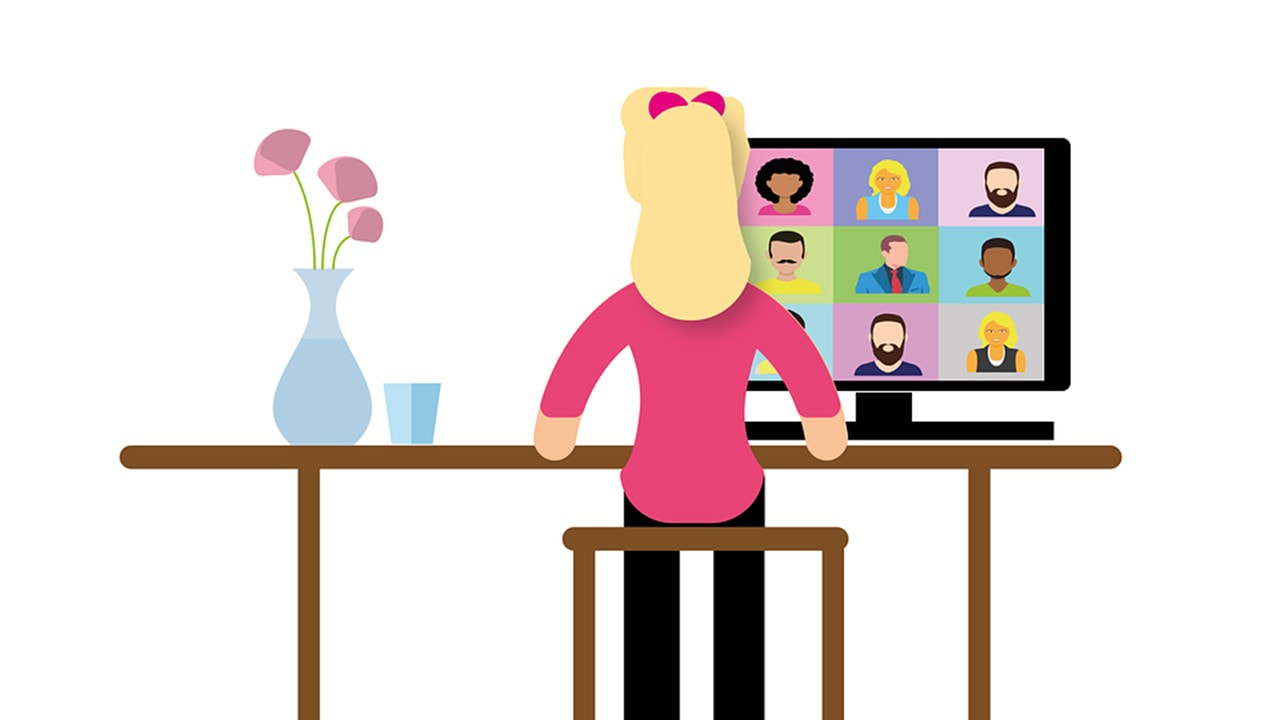|
Here's a great read on what science is and what it is not. What an important basic concept to understand!
https://fee.org/articles/why-the-bastardization-of-the-scientific-method-is-so-dangerous/?utm_source=email&utm_medium=email&utm_campaign=2020_FEEDaily After the educational debacle in 2020 resulting from closing schools and sending everyone home, I thought it was high time that I responded with some sense. I have heard the unfounded criticism that online learning is a poor substitute for in-person learning and yet, that has been almost entirely based on the experience of public school children and teachers who were thrust into an unfamiliar learning situation overnight. That was an unfair burden put upon teachers and it did indeed negatively impact the children. Learning online has its advantages and its drawbacks. One thing it is not, however, is merely in-person learning transferred online.
Consider that most of the children had never “gone to school” online and did not know how to download the appropriate software and set up their computer for audio and video. This is assuming they have a computer with reliable internet service. Many of the children have parents who work full-time, so they did not have any adult supervision to oversee that their children were setup and actually in their seat ready to learn. Without rules and some order in this new online environment, children felt free to get up and get a snack whenever they felt like it, play with their pets, or even watch tv or play a video game during the instructional time! Teachers did not have any training to prepare themselves for teaching in this new format, so their lessons were not digital-ready. They spent most of their time trying to help children with the software and audio challenges and trying to engage their attention in the midst of a variety of distractions. In many schools, the hours of instructional time were greatly reduced and students were left to do homework on their own without much direction. On top of that, many parents believed that they were “homeschooling” because their children were having to login to meet their teacher online. Nothing could be further from the truth of what real homeschooling is like. This was an educational disaster. It was not what quality online education looks like. Online education, also called “distance education” has many advantages when teachers and students are prepared for it. Many online classes are live, which means that they have a specific meeting time (just like in-person classes) and they have video capabilities where students and teachers can see and hear each other. The only difference is that everyone is in a different place. I have found in my teaching experience which encompasses both in-person and online, that children are far less distracted online and I have been able to accomplish more with them than when they are surrounded by little talkers, people coming and going in the classroom, or outright misbehavior. In an online environment, we are able to use a whiteboard, and notes and in-class work can be emailed directly to students. Videos can be shown and students can give presentations. Unlike an in-person class, online lessons can be recorded, which is great for review or for those who are absent. There is little that cannot be done in an online environment. Another advantage of online learning is that courses can also be offered “on demand” which means that students can work through lessons on their own schedule and at their own pace. Hands-on projects are more challenging to do online, but it is still possible. Even group work can be done online in “breakout rooms.” Convenience is another important advantage in online learning. With the gas prices escalating overnight, staying home saves money. It also saves time in traveling to and from in-person school. Before I finish, I know there are some who are wondering about “socialization.” The implicit assumption is that the socialization that is going on at school is all positive. It surely is not. Bullying continues. Illegal drugs are ever more accessible. Now the LGBTQ agenda has been welcomed regardless of what you, the parent, feels about it. In public schools they have miniscule amounts of time to socialize. Most of the time they are told to be quiet. They have a short amount of time at recess and at lunch, but other than that, they don’t socialize in school as much as adults think. Socialization is a rather large topic and beyond the scope of my topic here. The truth is that children do not need the amount of socialization with same-age peers that adults often think they need. Parents who are concerned about their children not socializing can make opportunities for their children by joining clubs and parent/child play-date groups or homeschool groups. These groups are great for making friends and going on field trips. Church youth groups are another place where children can learn and interact. There is no reason for children to feel isolated. It only takes a parent with a bit of initiative to make it happen. I am biased and I freely admit it. But I am also honest. I have taught in both environments (in-person and online) and I know the advantages and disadvantages of both. I know that online learning is not for everyone, yet others thrive in an online environment. I have always promoted options. My objection is the blanket criticism of online instruction simply because the public schools bombed at it during the Covid shutdowns. The Inspired Scholar offers live online instruction as well as on-demand courses and one-on-one tutoring both online and in-person. We also offer in-person writing workshops (Journalism Camp) and dance classes. Yes, that’s right. Dance is a little hard to do well online. If you are interested in learning more, visit www.inspiredscholar.com. Our new class offerings for the 2022-2023 year will be posted in March. |
Renee MetcalfWhere will you find me when I am not teaching? For your reading pleasure!
August 2023
Topics
All
|

 RSS Feed
RSS Feed
